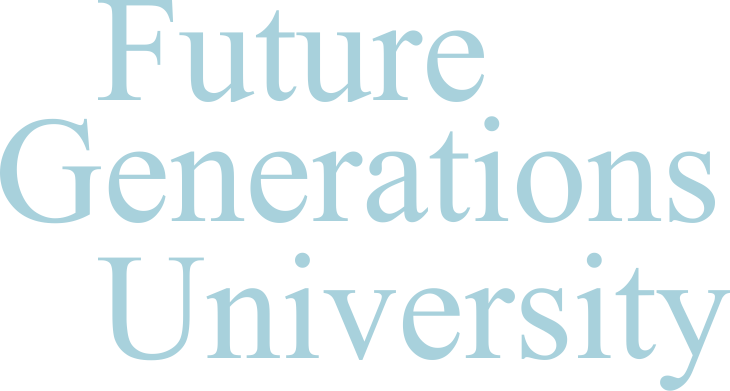To celebrate Mothers´ Day today, and every day, Future Generations Peru happily agreed to share with the Future Generations community some basic information on their project called “Health in the Hands of Women” (MAM Project).
The stated project goal was to contribute to improving the health of mothers, newborns, and infants, and to reduce chronic child malnutrition. We wanted to demonstrate to the Peruvian Ministry of Health that it could effectively and sustainably implement at scale a model of primary health care organization and management in rural areas that could successfully support at scale a community-oriented system of health promotion that would reach mothers in the home to improve their home health knowledge and behaviors and improve maternal and child health status.
A key project activity was the implementation and testing of the innovative teaching method for CHWs, called “Sharing Histories,” that empowers mothers through the sharing their own memories of their childbirth and child rearing experiences, hearing other´s experiences, and learning best practices by analyzing what was done correctly or incorrectly in the past. Female CHW gained self-confidence to speak in front of others, took ownership of their own experiences, and became more effective in their home visits to other women teach them better health practices. The MAM project tested the effect of the “Sharing Histories” teaching method as an embedded operations research project using a cluster-randomized controlled trial.
The final evaluation studies of the MAM Project in 2014 were compared to baseline studies conducted in 2010, major findings showed major improvements in knowledge and practices of mothers related to health and nutrition of mothers, newborns, and children.
-
Significant reduction in chronic malnutrition in children 0-23 months of age whose mothers received one or more visits from a CHW, among mothers who could read.
-
Significant increases in knowledge of pregnancy, post-partum and newborn danger signs by an average of 16 to 48 percentage points.
-
Significant increase in newborns that were wrapped and dried immediately at birth (76% to 98%)
-
Significant increases in good hygiene and sanitation practices, including hand washing, disposal of infant feces, water treatment at the point of use, and reducing in-door breeding in dirt-floor kitchens of small animals (such as guinea pigs which are served for special meals).
-
Significant increase in the percentage of HF managed by CLAS Associations (43% to 70%).
-
Development of a new cadre of human resources for community health called Community Facilitators. All 47 of them continue to be paid stipends directly by the municipalities in 2017 for their work to support and supervise female CHW.
-
Community Facilitators and female CHWs are recognized by health workers as being key components for the HF-community health strategy.
-
Community Facilitators and CHWs are recognized by community authorities and municipalities as playing a critical role in improving community health.
-
The Huánuco Regional Health Directorate officially established a permanent “Center for Development of Competencies in Health Promotion” in the Acomayo Health Center which serves to sustain the new approach to community health promotion by guaranteeing the on-going training of trainers so they can continue the training and support to Community Facilitators and female CHWs on a wider scale.
-
Municipalities are increasing support to HFs by continued financing to the Community Facilitator stipends, training costs for monthly workshops, and non-cash incentives for CHW and Community Facilitators. Municipalities expanded their investment in contracting extra health personnel, constructing and remodeling infrastructure for health posts, providing equipment, implementing services (laboratory, maternity waiting homes), and providing fuel for motorcycles or bus fare for health personnel supervision to communities.
*CLAS are Local Health Administration Community Associations – private non-profit community organizations that collaboratively administer primary health care facilities under contract with the government.
________________________________________________________________
This week’s blog post and accompanying photos are kindly shared by Dr. Laura Altobelli, Future Generations University’s Professor of Equity & Empowerment (Health) and Director of Future Generations Peru. She has more than 30 years of experience in research, evaluation, and public policy innovation and advocacy, and uses these skills to bring scalable solutions for strengthening public health systems in developing countries.



